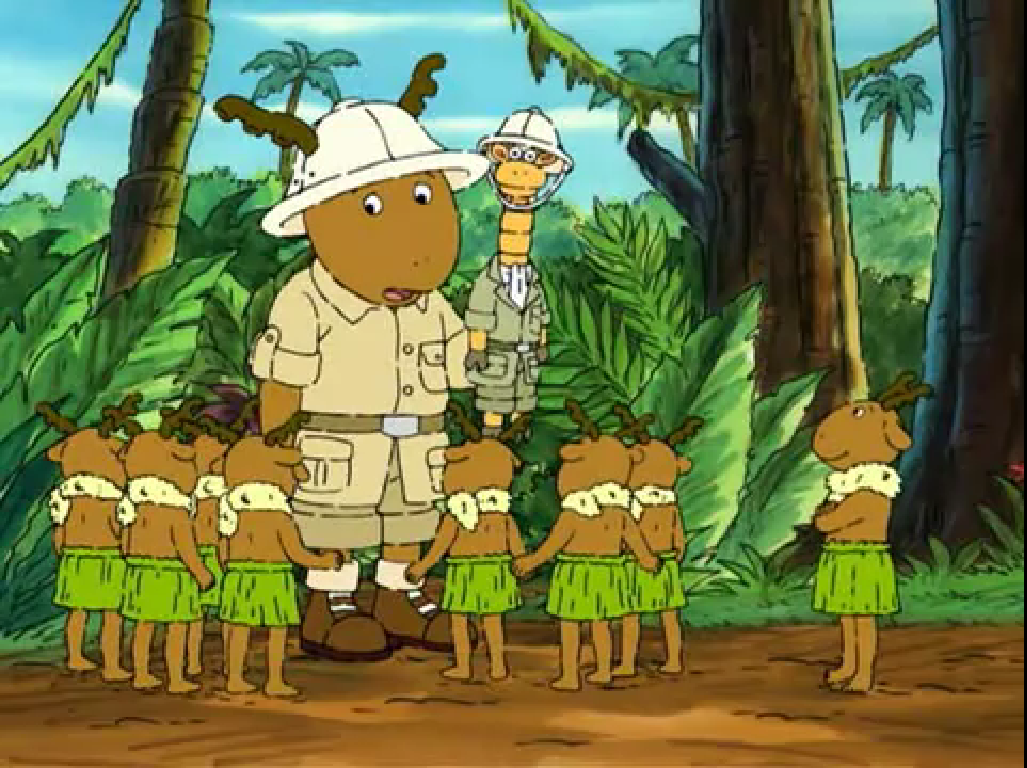
Rick Berman And Brannon Braga Are Not Fans Of Contemporary Language In Modern Star Trek Shows
The upcoming puppet episode of 'Strange New Worlds' also got a mention.
 trekmovie.com
trekmovie.com
Regarding the way Star Trek characters talk, I agree, there has to be some kind of balance between speaking formally, like a Shakespeare play and saying things people would believeably say. Various factors come into play:
* the era a show is being made
* which (kinds of) works it uses as inspirations
* the era a show or episode is set (when someone time travels, people from the past ought to speak like they did then, while our heroes don't - increases the "fish out of water" sense for them and us
* who the show is made for (kids, adults, new fans, original fans)
* who is speaking and to whom
* where someone is speaking (a diplomatic meeting, a fun party, a classroom, etc.)
Whenever a familiar to the audience term is brought up, one or more characters will invariably be unfamiliar with it, and misuse it or say it with a bad taste in their mouth. Then, another character will play interpreter and explain to their colleagues what it means, with the air of a scientist studying a sample of alien life or an archaelogical artifact. ("Humans used to call it a ____." "An ancient term for _____, etc.) A little of that goes a long way.



